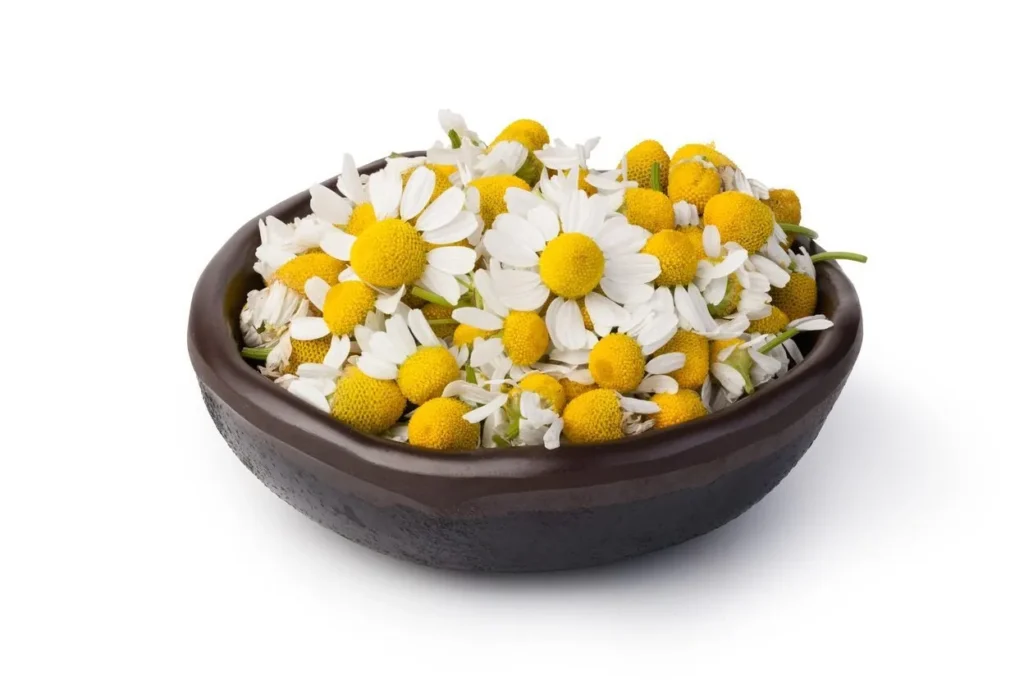
Introduction
Choosing the right apigenin powder manufacturer or supplier is the most critical decision for buyers in 2025. The market is crowded with exporters, but not all offer consistent purity, compliance documentation, or reliable logistics. To avoid costly mistakes, procurement managers need to know where production is concentrated, what certifications to look for, and how to evaluate suppliers before signing contracts.
This guide highlights the top regions for apigenin production, key supplier traits, and a 5-step evaluation framework that helps buyers select the right partner for long-term business.
👉 For a full sourcing roadmap, see the Wholesale Apigenin Powder Supply Guide.
Global Supply Landscape
1. China: Largest Production Hub
- Why important:
- Dominates raw material supply with chamomile and parsley cultivation.
- Advanced extraction plants capable of ≥98% HPLC-pure apigenin powder.
- Price advantage: bulk contracts at $350–450/kg.
- Risk: Quality inconsistency among small-scale exporters. Buyers must test samples.
👉 Best for: Cost-focused wholesale buyers.
2. India: Compliance-Oriented Exporters
- Why important:
- Focus on GMP, ISO, and pharma-grade exports.
- Trusted in regulated markets like EU/US.
- Price: $450–550/kg (bulk contracts).
- Risk: Higher costs and longer lead times (4–6 weeks).
👉 Best for: Pharma R&D and supplement brands needing compliance-ready ingredients.
3. US/EU: Distributors, Not Primary Manufacturers
- Why important:
- Supply research-grade packs (100 g–1 kg) for universities and CROs.
- Easier customs clearance.
- Risk: Price markup (often $800–1200/kg). Not suitable for scaling wholesale.
👉 Best for: Labs and research institutions with small-scale needs.
Key Supplier Traits to Look For
- Batch-Specific COA with HPLC Data
- Generic “spec sheets” are a red flag.
- Every shipment should come with a unique batch number + chromatogram.
- Certifications & Compliance
- Minimum: GMP, ISO.
- Pharma buyers: look for DMF/CEP filings.
- Factory Transparency
- Suppliers willing to provide factory photos, audit reports, or video tours are more trustworthy.
- Packaging & Stability
- Standard: double-sealed foil bags inside fiber drums.
- Shelf life: 24–36 months at 2–8°C.
5-Step Supplier Evaluation Framework
- Document Request – COA, MSDS, GMP, ISO.
- Sample Testing – Order 100–500 g; send for independent HPLC verification.
- Audit Supplier – Request compliance proof or virtual factory check.
- Negotiate Terms – Tiered pricing by 25/100/500 kg; discuss FOB vs CIF vs DDP.
- Confirm Logistics – Ensure supplier provides proper export docs to avoid customs issues.
👉 For contract structuring, see the Apigenin Powder Price Trends 2025 for current market benchmarks.
Case Study: Choosing the Right Supplier
A US nutraceutical brand compared two apigenin suppliers in China:
- Supplier A: $360/kg quote but only provided a generic COA. Sample failed HPLC with 78% purity.
- Supplier B: $420/kg quote, batch-specific COA, ISO-certified, factory video provided. Sample tested 99% purity.
The buyer selected Supplier B and secured a 200 kg annual contract, reducing future compliance risks and ensuring consistent product quality.
📌 Lesson: Lowest price ≠ Best supplier. Verified quality saves money long-term.
Conclusion & Buyer’s Next Steps
In 2025, the top apigenin powder suppliers are concentrated in China and India, with US/EU distributors mainly serving small-scale research markets. Buyers should:
- Prioritize COA verification and GMP/ISO compliance.
- Always start with samples + third-party testing.
- Negotiate tiered pricing contracts for wholesale volumes.
- Choose transparent suppliers willing to provide batch records and compliance proof.
By following this framework, you can secure reliable long-term partners and avoid the costly risks of counterfeit or low-purity material.
👉 Related resources for procurement managers: